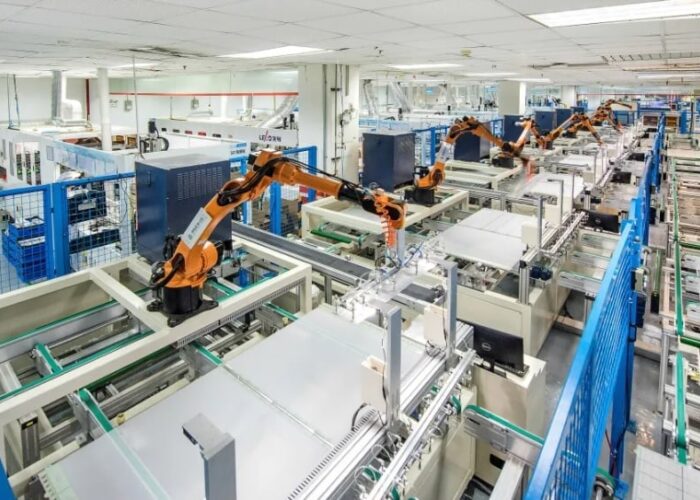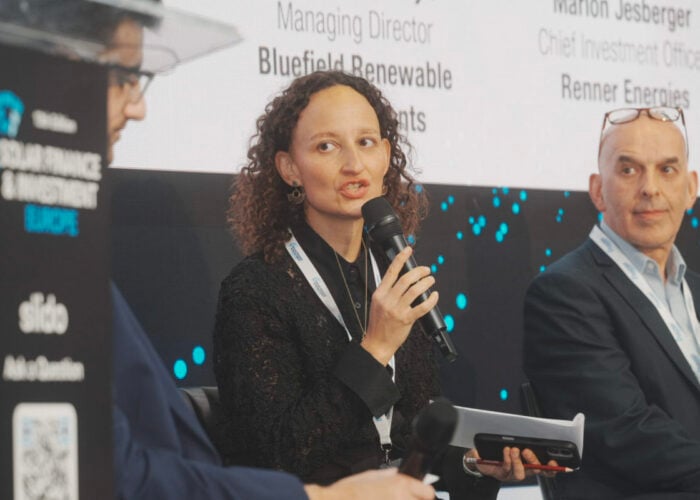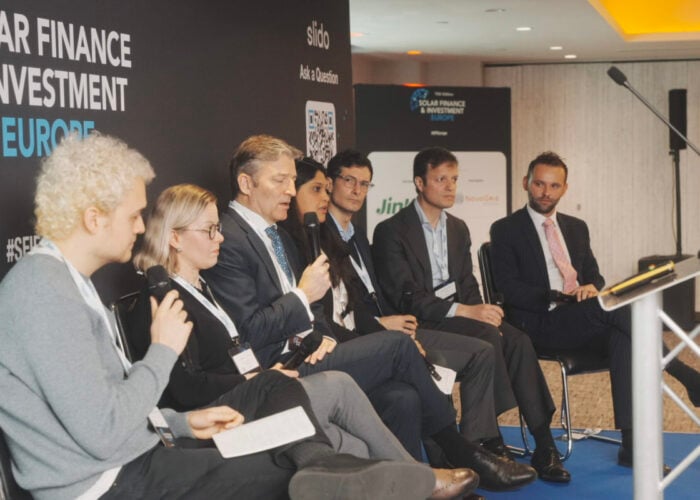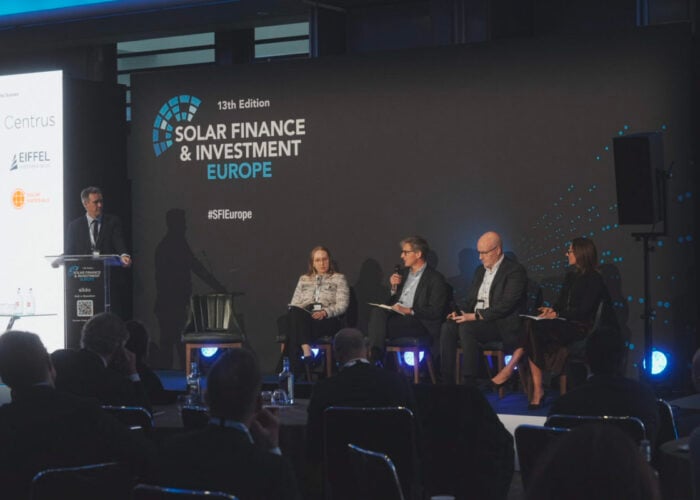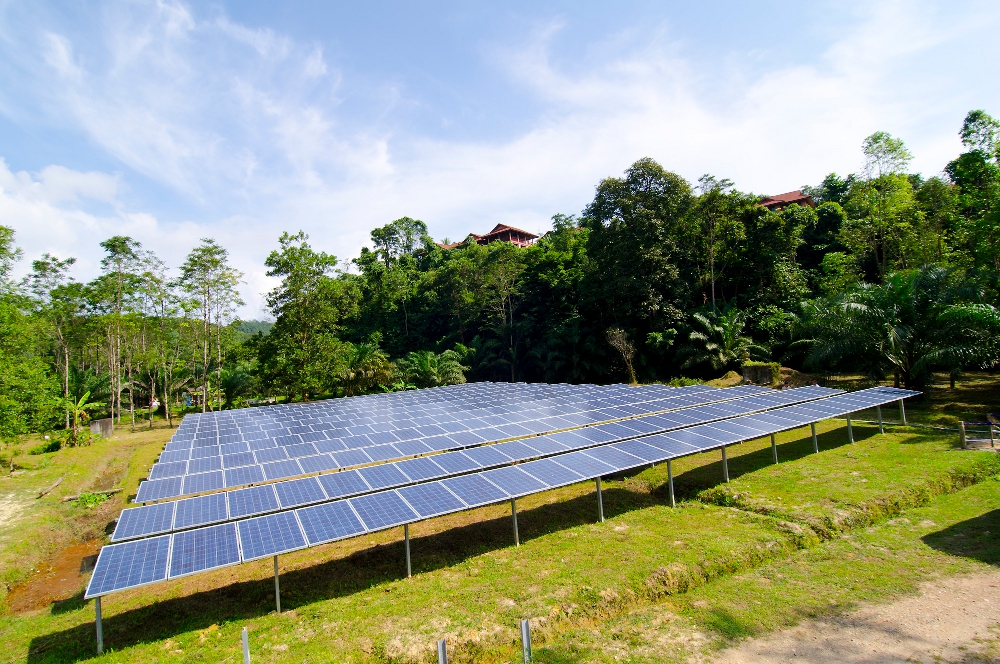
A lack of competition, on a number of fronts, is preventing Southeast Asia’s solar market from reaching its full potential.
Speaking to PV Tech on the condition of anonymity, a successful developer in the region said governments were missing out on a huge opportunity by failing to establish cost-competitive tenders and competing with one another for foreign investment.
Try Premium for just $1
- Full premium access for the first month at only $1
- Converts to an annual rate after 30 days unless cancelled
- Cancel anytime during the trial period
Premium Benefits
- Expert industry analysis and interviews
- Digital access to PV Tech Power journal
- Exclusive event discounts
Or get the full Premium subscription right away
Or continue reading this article for free
“Power is the bloodline of any economy. Governments need to provide cheap affordable power to their constituents. In Southeast Asia, consumers are used to getting lower tariffs due to consumer subsidies and fossil fuel subsidies. There are very few consumers who will willingly pay a higher tariff just because the power comes from renewable sources,” they said.
“It’s a catch 22. Solar supportive policies would help create the market for solar which might be a bit more expensive in the beginning but then with economies of scale would end up being cheaper in the long run. Today Solar is at grid parity in different markets,” they added.
In addition to the absence of widespread tenders, which have lowered prices dramatically in other markets, the developer also blamed policies that discouraged rather than encouraged foreign direct investment (FDI)
“In most cases, foreign ownership is restricted to below 50%. Most Southeast Asian countries want or need FDI due to lack of local funding. It’s a dichotomy. On one hand the country needs FDI and on the other hand, it needs national security. It is difficult for international players to enter a market with these restrictions.” Instead, the developer says governments should “come to the realisation” that they are competing for FDI with their regional partners and aim to create the best possible conditions for investors.
Vietnam veers course to lure in foreign investors
Dr. Oliver Massmann is, a Vietnam-based lawyer with Duane Morris, told PV Tech that there signs the government there is changing course.
“In Vietnam, the solar feed-in tariff is fixed by the Government, [there is] no further negotiation. The Government is still working on the tender for renewable power projects in general but it is not yet official. However, I believe the Government of Vietnam really expects to lure in foreign investment in the sector and is making an attempt to create favourable investment conditions,” he said.
The anonymous developer’s concerns do not end there however, with fears over the impact of skewed competition via local content requirements also impacting the ability of the market to drive down prices on merit. In some cases, they claim local EPCs have executed poorly and given investors a poor experience of the solar industry.
Samridh Goyal, founder and CEO of Singapore-based C&I developer Solar Horizon was more specific about the conditions he’d like to see.
“Streamlined permitting and licensing processes, encouraging market liberalisation and allowing more private power sale mechanisms, creating favourable investment policy framework, for example, import tax reduction or even a waiver for solar panels,” he listed out.
Goyal is optimistic about the growth in Malaysia, via the next 500MW auction and its solar leasing model for the C&I sector he is focussed on. While better conditions could help, head-turning low prices in the Middle East are difficult for others to achieve owing to the higher irradiance in the region and access to cheaper finance.

